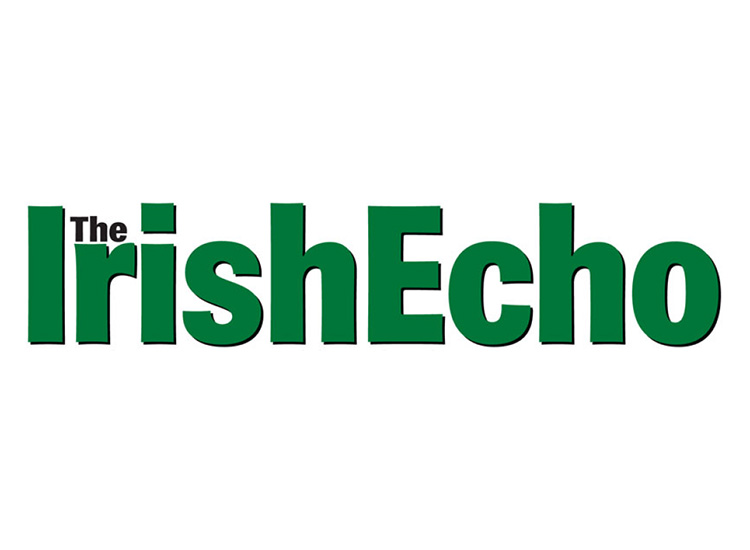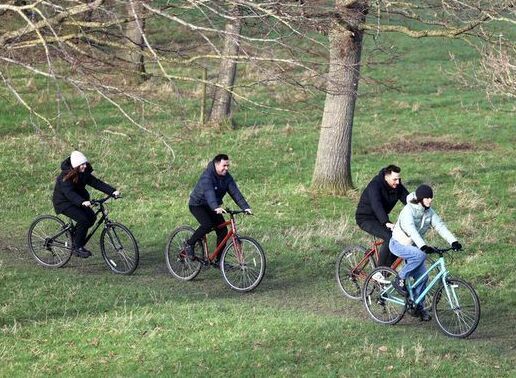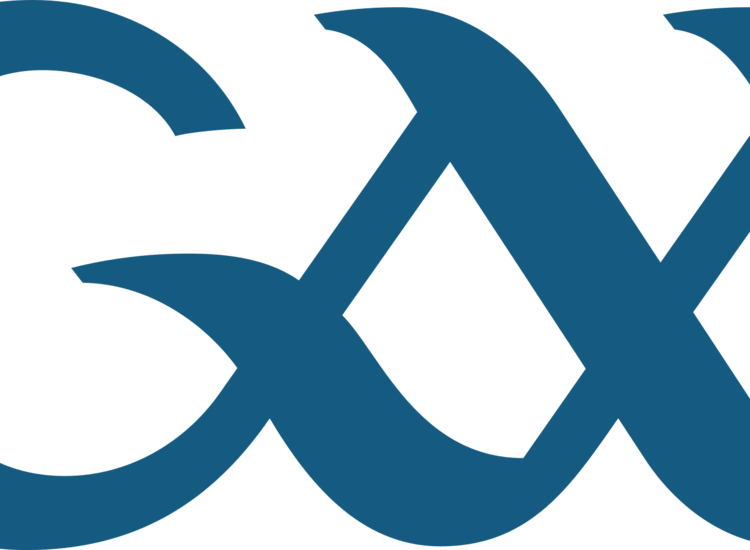Theresa May in Dublin at the end of January
By Anthony Neeson
Northern Ireland will be heading to the polls for the fourth time in a year and the fifth time in two years, this after the shock announcement by British Prime Minister Theresa May that she is calling a snap general election for June 8.
The Conservative Party leader, who succeeded David Cameron as prime minister last summer, is hoping to capitalize on the low opinion poll ratings of the Labour Party and its controversial leader, Jeremy Corbyn.
May took over from Cameron after he led the unsuccessful campaign for Britain to remain in the European Union during last June’s referendum.
When the majority of people in Britain voted to leave the EU Cameron stepped down as Conservative Party leader and prime minister, paving the way for May to take over both roles.
Not having a mandate of her own as prime minister is one reason May has called the election, the other is to take advantage of disarray within Labour.
However, looming large on the horizon is the forthcoming Brexit negotiations with the EU with May looking the strongest hand possible going into the process.
Since last May, Northern Ireland voters have gone to the polls for two Assembly elections and for the EU referendum.
Now they will be facing their second general election in two years.
With both Northern Ireland and Scotland voting to remain in the EU, Theresa May’s decision to hold a snap election is a calculated risk.
Speaking outside 10 Downing Street in London she accused other political parties of “game playing” adding that this risked “our ability to make a success of Brexit and it will cause damaging uncertainty and instability to the country.”
After their recent Assembly election success, Sinn Féin will be hoping to make gains in the Westminster poll.
They will set their sights on winning back the Fermanagh/South Tyrone seat from the Ulster Unionists, while defeating the SDLP in their strongholds of Foyle and South Down.
After a bad Assembly election the DUP will hope to consolidate their vote, while also targeting South Belfast and South Antrim.
Sinn Féin’s leader in the north, Michelle O’Neill, said the election would be an opportunity to oppose Brexit, while SDLP leader Colum Eastwood said the calling of the election reflected the disdain that Theresa May held for Northern Ireland, this because of her calling a snap election in the middle of “intense efforts to restore power sharing.”
The new election campaign, meanwhile, will likely spell the end of the current talks taking place between the political parties at Stormont to form a new power-sharing government.
Reacting to the election decision, Irish Foreign Minister Charlie Flanagan said the announcement did not change the Irish government’s commitment to ensuring the best possible outcome for Ireland in the upcoming Brexit negotiations “where we will negotiate from a position of strength as one of the EU 27.”
Said Flanagan: I am of course concerned about the impact of a UK General Election on the ongoing talks process in Northern Ireland and I conveyed these when I spoke with the Secretary of State for Northern Ireland (James Brokenshire) earlier today.
“The Secretary of State told me that his intention, announced last week, remains unchanged – namely, to bring forward legislation at Westminster in the coming days which will include a provision to allow a Northern Ireland Executive to be formed in early May.
“While this will legislatively facilitate the formation of an Executive, I am conscious of the political reality that all of the parties involved in the talks will now be competing in a General Election and mind-sets will inevitably shift to campaign mode.
“Nevertheless, it is the firm hope of the Irish government that the talks’ process can continue and conclude successfully in the coming days.
“The interests of the people of Northern Ireland are best served by having a devolved Executive and Assembly. This is the case regardless of the electoral cycle at Westminster.”








